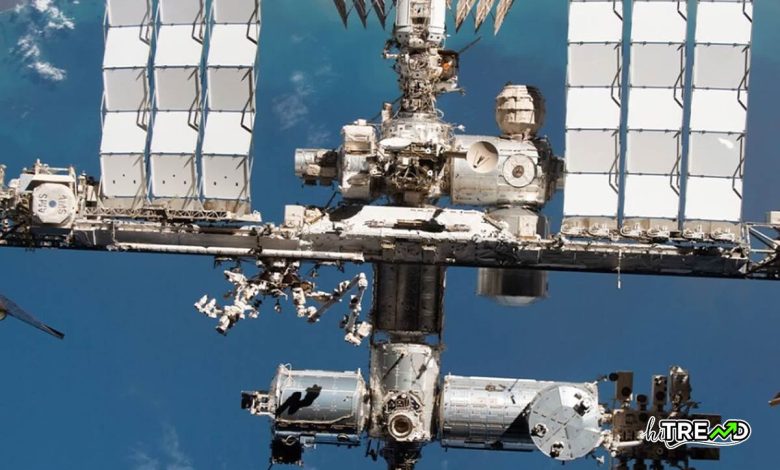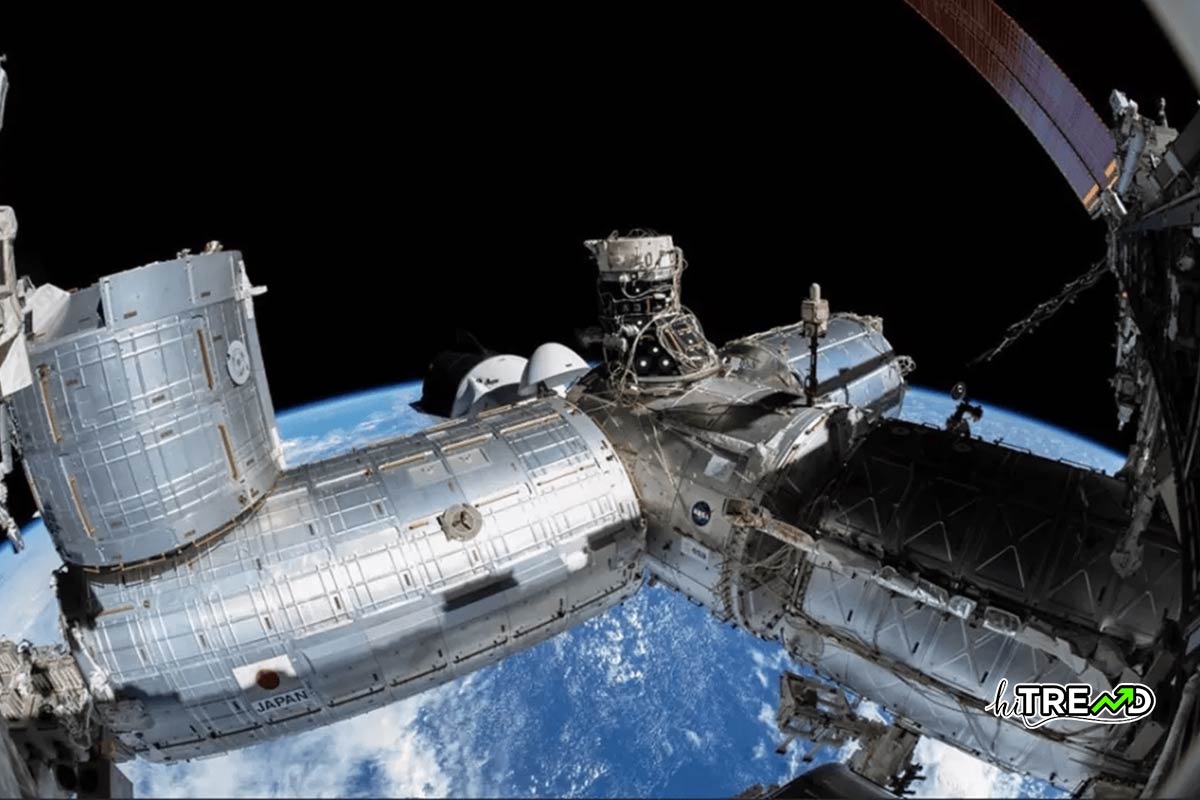UK funds drug manufacturing in the space that uses microgravity bioprocessing platform

IN BRIEF: Living in space is hard on the human body, and providing medical care to astronauts – and eventually regular people who travel to space – can be complex given the constraints on supplies and room. However, research into supporting human life in space is growing. One intriguing project being funded by the UK Space Agency supports the manufacturing and research of pharmaceutical production in space, which in many ways is a superior environment to Earth for such activities.UK funds drug manufacturing in the space that uses microgravity bioprocessing platform
You can read more Technology articles
The UK Space Agency and BiologIC Technologies are partnering to develop advanced biotechnologies, including vaccines and gene therapies, for space manufacturing. The funding provided by the UKSA will support BiologIC’s research to develop and manufacture vaccines and gene therapies faster than most traditional methods and adapt those processes for space.
The Cambridgeshire-based company has developed a precision bioprocessing platform for microgravity operations in Low Earth Orbit and space environments that can withstand the pressures and heat of space travel and can function in a microgravity environment, where liquids float.
The tests, which will be conducted inside the International Space Station, will also explore the potential of the biomanufacturing system to produce food and raw materials from basic biological components, which could prove to be crucial for the limited space on the ISS. They’ll also use the microgravity environment to research age-related diseases and potentially grow human organs for transplants, which is more feasible in space than on Earth.
The potential for drug manufacturing in space is particularly intriguing with the microgravity environment allowing for superior crystal growth compared to Earth-based methods as experiments aboard the ISS and other spacecraft over the years have shown. That is because the microgravity conditions cause many of the processes used to build complex crystalline molecules, including the proteins and antibodies used in many medicines, to behave differently from how they do on Earth.UK funds drug manufacturing in the space that uses microgravity bioprocessing platform
For instance, Prof. Anne Wilson, a researcher based at Butler University in Indianapolis, reports that crystals grow larger and more uniformly in space, with an 80% or better chance of being superior to Earth-grown counterparts. Also, liquid solutions don’t separate by density in space, and solids don’t naturally fall or rise within them, she added.

Ultimately, the goal of the UKSA-BiologIC partnership is to develop technologies that can support sustainable human habitation in space and here too space-based experiments are essential. Astronauts experience significant physiological changes in microgravity, including bone and muscle loss, vision problems, and altered immune function – changes that can only be accurately studied and addressed through space-based research as the increased radiation in space cannot be fully simulated on Earth.
Follow HiTrend on X





